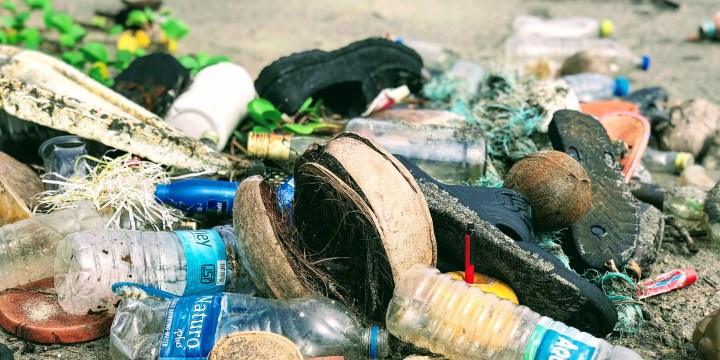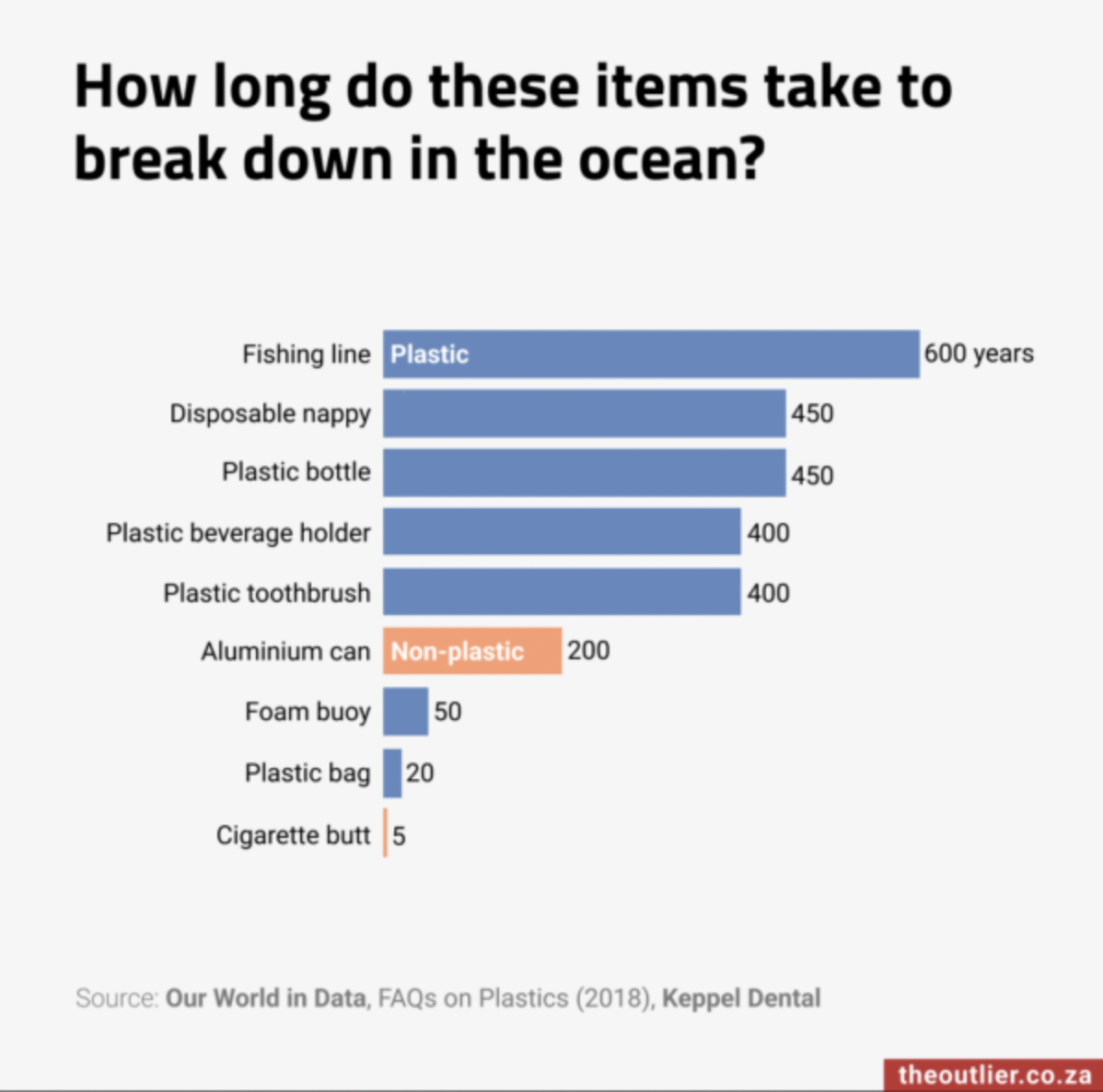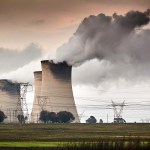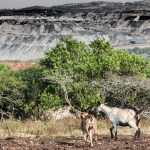FIGHTING POLLUTION
SA officials in Paris to negotiate a legally binding global plastic treaty

The second meeting of the Intergovernmental Negotiating Committee on Plastic Pollution kicked off in Paris on Monday.
The journey to the first global legally binding plastic treaty began in February last year when the United Nations Environmental Assembly (Unea) convened for the fifth time in Nairobi, Kenya (Unea 5.2), and a historic resolution was adopted.
A total of 175 nations, including South Africa, committed to developing an international legally binding instrument on plastic pollution, including the marine environment, with the aim of completing negotiations by the end of 2024 to create a global, legally binding plastics treaty. It seeks to address how plastic is produced, recycled, processed, used and collected.
Read more in Daily Maverick: First UN draft plastic pollution treaty set to help carve a more sustainable future
Since then, the Intergovernmental Negotiating Committee (INC) on Plastic Pollution (the group mandated to develop this treaty) met once, in Punta del Este, Uruguay last November. This week, the second meeting is taking place in Paris where delegates will spend five days in negotiations to develop a document that provides options on how countries address the full life-cycle of plastics.
“I’ll share with you why, as a country, we took that decision to support this important initiative,” said Barbara Creecy, Minister of Forestry, Fisheries and the Environment (DFFE) last week at a virtual stakeholder meeting ahead of the INC2.
“It relates to the fact that we understand that plastic waste is posing a severe environmental challenge — it’s posing a challenge to soil and land management, to rivers and wetland areas, and in particular, it’s posing a considerable challenge to biodiversity and management of our oceans and our fishing stocks.

This chart was produced by The Outlier. For more like this subscribe to the newsletter.
“And we know that the difficulty with plastic is that, while on the one hand, it’s an incredible invention that provides human beings with all kinds of instruments and facilities, on the other hand, it also has an almost infinite life and is not biodegradable.”
In SA, about 3% or 80,000 tonnes of plastic leaks into rivers and oceans. Daily Maverick previously reported that citizens have tried to play their part in reducing plastic waste and recycling, but a recycling rate of 14% cannot catch up with the 2.3 million tonnes of plastic produced every year.
Creecy said that along with land, marine and land species ingesting plastics, so are humans. “I’m told that if we were to take blood samples from many of you, we would find microplastics in your blood and in the organs of your body.”
Creecy said that after wide consultation and taking their position to the Cabinet, the DFFE believes their negotiation position “represents a consensus amongst different interest groups and really puts forward the concerns and the interests of our country in the international forum”.
Waste management
Along with the risk to the environment and human health, SA has a waste management crisis.
“In our country and in many, many developing countries we understand that plastic pollution is linked to another very complicated issue, and that is the failure of our waste management systems,” said Creecy, explaining that in SA a third of households still don’t have regular weekly waste removal.
“We know that the financial problems of municipalities are such that even where there may have been regular waste removal, some of those services are now intermittent and we understand that when people do not have regular waste removal, they will inevitably turn to using their own methods of disposing of waste,” such as dumping and burning of waste, which can cause affect air quality.
Mamogala Musekene, the deputy director-general at the DFFE, shared South Africa’s negotiating position during the stakeholder meeting on Thursday, explaining that to address the leakage and pollution caused by plastic products, SA’s position was to improve access to waste collection services.
Musekene said the department promoted and supported the environmentally sound management of waste and prohibited the open dumping and burning of plastic waste.

Waste pickers sorting recyclable material in Allens Nek on December 13, 2021 in Johannesburg, South Africa. (Photo by Gallo Images / Sydney Seshibedi)
Anton Hanekom, the executive director at Plastics SA, said: “To find solutions, we believe that the creation of a circular economy for plastics [and for all materials, all recyclables] is critical.
“And key to the success of the circular economy in South Africa is to fix what we call a broken waste management services and infrastructure.”
He said there is “open burning and illegal dumping… because close to 39% of our population doesn’t have access to proper waste management system.”
Balanganani Nengovhela from the South African Local Government Association (Salga) agreed there was a need for universal access to waste management systems, adding that Salga is, “mobilising support for our members in order to improve, where there’s a need for improvement in terms of delivering waste management services”.
Toxins in plastics
Zaynab Sadan, the programme officer of Circular Plastics Economy at WWF South Africa, told the meeting the solution doesn’t only lie in waste management, “but requires upstream interventions to curb the current rate and scale of the escalating crisis”.
Sadan wants the South African delegation to propose binding measures at the meeting that include bans and phase-outs of the most high-risk plastic categories, such as polymers, chemicals of concern and problematic plastic products.
Musekene said the government’s negotiating position will be to hold producers accountable through their Extended Producer Responsibility (EPR) policy.
EPR is a system to get manufacturers to take responsibility for some of the costs of the disposal and/or recycling of their products and packaging.
Many rely on the plastic industry
“When we confront this issue of how we are going to deal with plastic waste and how we’re going to prevent plastic waste from leaching into the environment, what we understand is that they are diverse actors and those diverse actors have diverse interests,” said Creecy.
She acknowledged that while there are many civil society and environmental groups that would be campaigning for an outright ban, particularly on single-use plastics, many people rely on the plastics industry, both formally and informally.
SA’s plastics industry accounts for about 65,000 formal jobs, and the recycling industry is responsible for about 27,000 jobs, many of which are informal, such as waste pickers. Musekene said SA’s position would be to address plastic leakage and pollution through increasing recycling demand by ensuring that incentives are provided.
Regarding waste pickers, Creecy said, “We are always very concerned that these people, while they’re performing a sterling public function in collecting waste under hazardous conditions, are themselves exposed to toxins and not to mention various forms of discrimination in society.
“So dealing with plastic waste and reaching consensus as a society and as diverse interest groups is going to be difficult.”
Regarding the potential negative socioeconomic implications of changes that could be brought by the legally binding instrument, Musekene said the DFFE’s position was to have clear assessments of the socioeconomic implications and ensure the process is inclusive.
Common, but differentiated responsibilities
One of the issues with this treaty is that different countries have different capacities, so a differentiated approach based on common but differentiated responsibilities was suggested.
The DFFE agreed that a differentiated approach was necessary for this instrument, with Musekene saying, “In this case we are saying that there should be implementation mechanisms that would assist, especially developing countries, with regard to financial resources, technical assistance, technology transfer on mutually agreed terms, as well as a capacity building.”
The DFFE’s position is that funding needs to be made available to develop a National Action Plan, for research, development and innovation as well as to support the alternative products that replace problematic products.
Sadan said, “We are deeply concerned with the limits put on civil society participation at the upcoming global plastic pollution treaty negotiations. A robust, ambitious and effective treaty must be one that is built on a foundation of inclusivity and transparency.” DM





















Instead of talking about it…just do it! Sustainability starts at home……
Start by encouraging managed rubbish collection from informal settlements by motivating the thousands of unemployed in these areas. And encourage and educate communities to clean up the rivers and to better understand that plastic pollution is the killer of the future! That’s where the money should be going…not on some expensive Euro-based conference to talk about it all and end up doing nothing!
SA can’t keep the lights on; how will we see the plastic? Necessary legislation but we have a long long road ahead to enforcement of … well anything much, given SA anarchy. Viva, ANC, Viva!
Signing a contract or agreement means nothing to the cadres. Here in dirty durban huge contracts have been awarded and NO recycling is happening. They going to the conference for a joy ride and might just pass around the now standard begging bowl.